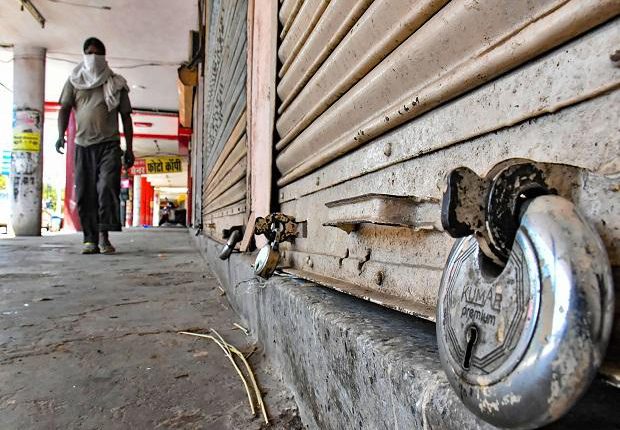
Lockdown 5: Hotels, malls, religious places can open from June 8
There shall be no restriction on inter-state and intra-state movement of persons and goods. No separate permission or approval or e-permit will be required for such movements.

The central government on Saturday (May 30) extended the nationwide lockdown till June 30 in containment zones, and said the reopening of prohibited activities in areas outside containment zones will be done in phased manner.
According to the revised guidelines by the Union home ministry, the activities that will be allowed to function from June 8 are religious places of worship, hotels, restaurants and other hospitality services.
Shopping malls to be allowed to open from June 8.
The government said that schools, colleges, educational, training, coaching institutions will be opened after consultations with states and Union Territories. States and UT’s may hold consultations with parents and stakeholders before taking a final decision.
Related news: COVID-19: India records highest single-day spike of 265 deaths, 7,964 cases
Restarting of international air travel, Metro, cinema halls, gyms, swimming pools, bars, and congregation of religious, sports, social functions would be based on assessment of hte situation, the ministry said.
Night curfew would remain between 9 pm and 5 am, except for essential activities.
Containment zones
Lockdown will continue in containment zones till June 30, the order said, and only essential activities will be held. There shall be strict contact tracing, house-to-house surveillance and other clinical interventions.
No pass needed for travel
There shall be no restriction on inter-state and intra-state movement of persons and goods. No separate permission or approval or e-permit will be required for such movements.
However, if a state or UT, based on reasons of public health and its assessment of the situation, proposes to regulate movement of persons, it will give wide publicity in advance regarding the restrictions to be placed on such movement, and the related procedures to be followed.


